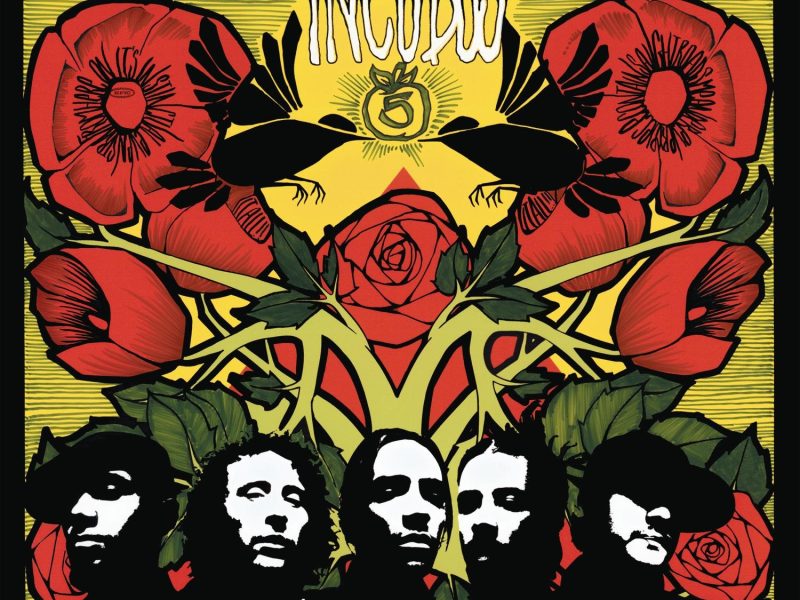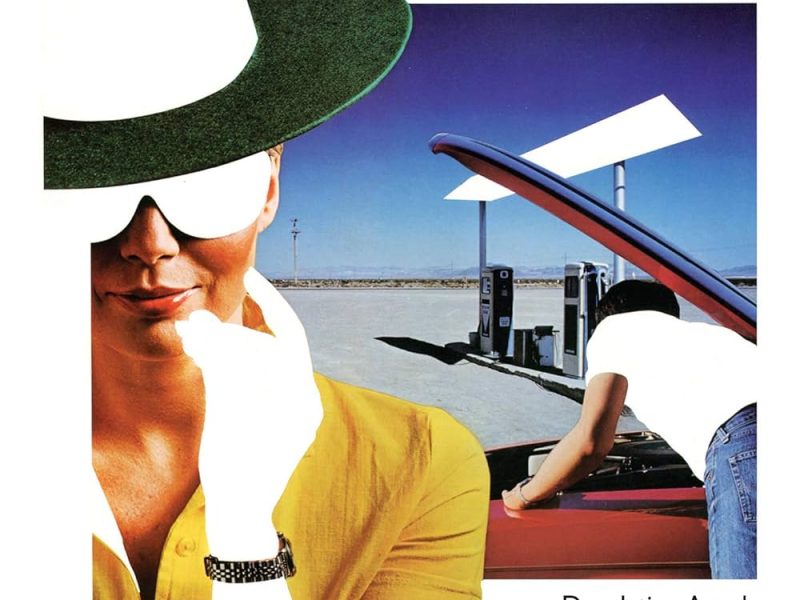Hello readers, my name is Dan and I’ve been asked to review the Rocksmith Bass expansion due to my experience with the instrument and the game. I have been playing Guitar since around 2002, I picked up the bass about 3 years ago. I’ve been playing Rocksmith as an “experienced” player since the day it released. Some other relevant information: I have been playing Guitar Hero since a month before GHII (PS2) was released, my passion for playing music and playing video games drew me to it initially. Since the rise, and subsequent fall, of rhythm gaming I have been splitting my time between fake plastic instruments and their real counterparts. Rocksmith appeared to be a good marrying of both (more on this below) but I still enjoy playing both in my free time. Without further adieu, my review:
Rocksmith has always been a puzzling experience, it has the trappings of a great rhythm game but ends up feeling like an edutainment title. For the uninitiated, Rocksmith is a “game” that teaches you guitar as you play by dynamically adjusting the difficulty of the songs you play until you are playing note-for-note tablature. Nearly a year after release, Ubisoft have provided an optional downloadable bass guitar expansion for $29.99 (3200 MSP), but is it worth picking up?
Warming Up
Upon booting Rocksmith after downloading the bass expansion you will be greeted with an instrument selection screen. You can swap between instruments at the menu by pressing the back or select button after the initial selection. Selecting bass guitar for the first time will prompt a tutorial and you will need to plug in a bass or select the emulated bass option and play with your six-string. Assuming you are familiar with the Rocksmith menu’s already, you will notice that the orange accenting has been replaced by blue, additionally the menu’s background noise is now bass guitar noodling. While this was a nice touch, there aren’t many UI tweaks, which is a bit disappointing due to the menus usual navigational woes.
Playing Rocksmith bass with a guitar, as mentioned above, is do-able, and it isn’t terrible. The game essentially uses an octave effect and produces a bass tone from your guitar signal. It sounds pretty good in playback and even while playing, but the hum of your guitar strings takes away from it a bit. Playing with a guitar is definitely a viable option, but due to the string and neck size it will take away from the experience. It is definitely in your best interest to go buy a bass if you decide it’s something you want to pursue further.
Slappin Da Bass!
The career progression is identical to Rocksmith guitar, you can jump right into a song, learn new techniques, or play mini games to get your chops into shape.
Bass is a whole different beast from guitar, so it’s nice to see that they walk you through a lot of the important basics and beyond (think slap and pop). When selecting a song, you will notice the game recommend picked or fingered techniques for each song. Playing picked or finger style seems to have no impact on the detection of notes, regardless of the recommendation, which is assumed to be suggested to replicate the musicians tone more authentically.
As you would expect, the gameplay itself is similar to the guitar alternative. You could do as the game suggests and play songs until you gradually get better at them, using the riff repeater as suggested on licks that are clearly giving you a licking. Unfortunately there still isn’t an “experienced player” check box that grants the player access to the note for note translation. Instead an experienced player is forced to use the riff repeater on a song and quickly master each riff to play a song at the highest level.
Players have access to bass charts for all of the songs provided on the Rocksmith disc and any available for download on the Xbox Marketplace or Playstation Network (and soon, PC too!). While this is a decent value for the price, it would have been nice to see some songs that were specifically picked for bass. Moreover, newer songs that the players haven’t heard 30 or more times in the last year.
Learning is Fun!
The big question, as was with Rocksmith when it launched, will it actually teach you to play? In short, yes. Learning any instrument is a fairly intimidating endeavor, it takes a lot of dedication and practice to become proficient at any instrument. I believe Rocksmith is a good motivator to get would-be musicians practicing regularly. The concept of attaching a point value to your skill level will appeal to some players and aid them in learning. Where it still falls short for me, an experienced player of bass and guitar, is in the game element. It’s not quite where it needs to be the real instrument counterpart to Guitar Hero because it walls its content behind repetition. Repetition is key in learning, and as such these design decisions make sense, but it would be nice to have a mode for people who don’t need to spend 20 minutes in the riff repeater just to play the song at an expert level.
Closing comments
The design behind Rocksmith is still an ingenious idea, perfect for those who’ve owned a guitar or bass and never done what they wanted with it, or those who’ve never played and want to learn. Rocksmith is actually more effective at achieving this with the bass expansion. Bass guitar as a whole is easier to pick up and play, but still difficult to master. It is easy to foresee many new players diving into the bass expansion and succeeding, or perceiving a greater amount of success over guitar.
The Rocksmith Bass expansion will not fix any of the menu issues, latency, or any other niggling details that might bother you already. What it adds is substantial though, bass charts for every song already available in your Rocksmith library and future DLC, bass amp models in jam mode, nearly every aspect of Rocksmith guitar has been made available for bass. As a whole the bass expansion is worth your money, even if you are casually interested in bass guitar. It still has all the flaws present in Rocksmith, but it definitely paves the way for a sequel worth getting excited for with twice the content.

